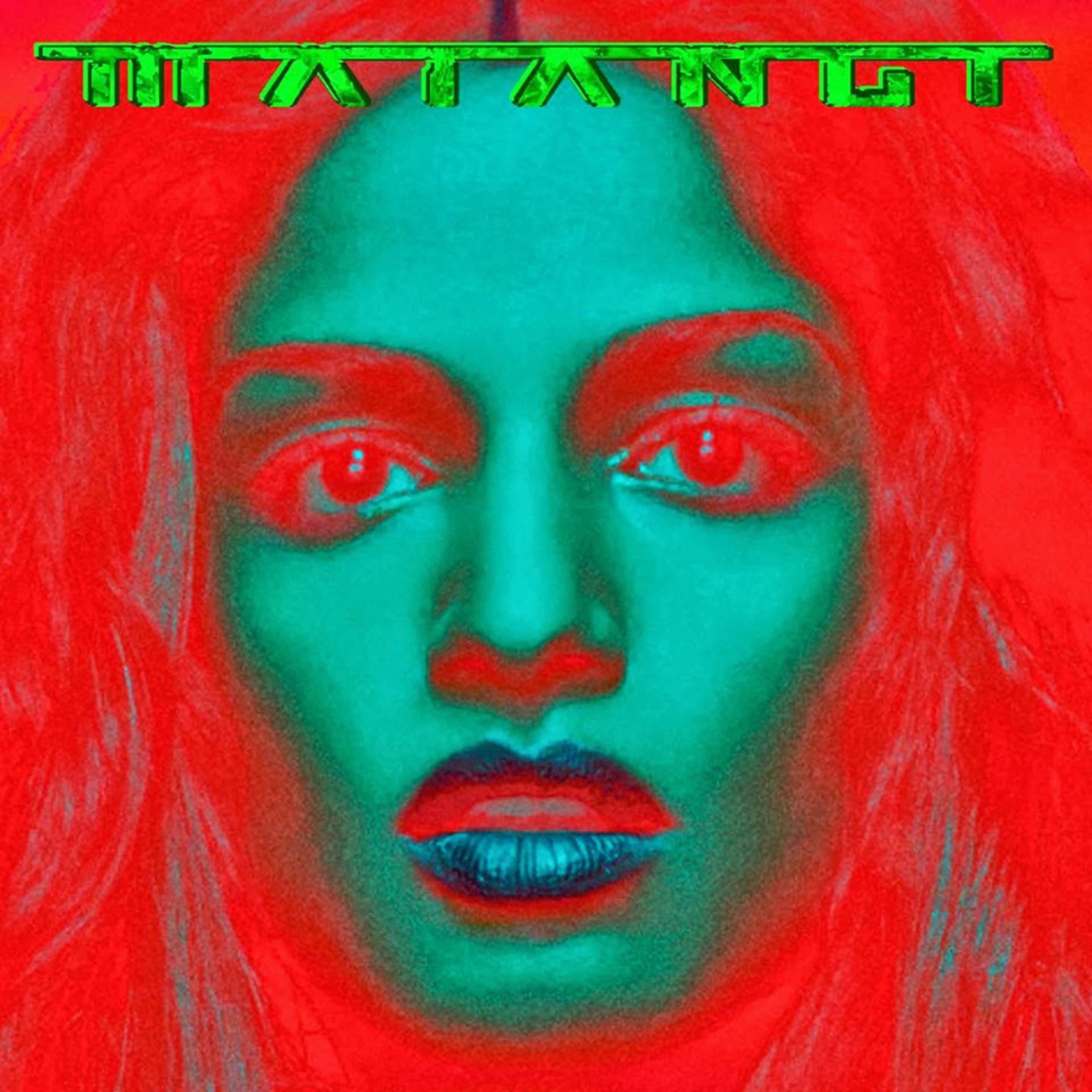
Spiritualized: Ruth Saxelby on M.I.A.’s Matangi
The bad girl draws on divine inspiration for her fourth album, but the results are ultimately less than enlightening, says Ruth Saxelby.
“My words are my armor / And you’re about to meet your karma.” Despite the fighting talk on opener “Karmageddon”, M.I.A. is not in characteristic combat mode on Matangi—so-titled because it is both her birth-name (minus an ‘h’) and the Hindu goddess of music, spoken word, and learning. Instead, it is the latter she reaches for on her fourth album. She scratches at the contemporary mindset, searching for a deeper spirituality beyond surface desires.
“If you only live once, why do we keep doing the same shit?” she asks on the outro to “Y.A.L.A.”, her witty club anthem that offers a reincarnation-flavored alternative to the futility-fueled, fuck-it stance of the YOLO generation. She goes a step further on “Exodus” and its somewhat confusing twin “Sexodus”, singing, “You keep on telling me you wanna have it all / Tell me what for?” It’s brilliantly simple, sharp-minded criticism of the empty thirstiness of selfie society that endears most on Matangi. That YOLO advocate The Weeknd is credited as co-writer on both “Exodus” and “Sexodus”, yet that his coked-up whine is nowhere to be heard reads like a private joke: the glazed-eye misogynist silenced by the goddess of words.
As ever, her chameleon vocal delivery—from Laandaan enunciation to a Lady-like screwball drawl—charms. Musically, though, she occasionally feels a touch stuck. Matangi is not a million miles away from the sonic realms she’s stalked on previous releases—or from the underground’s current preoccupation with tough, boundary-less club music. Let’s not forget, however, that M.I.A. was a pioneer in the globetrotting pop game. She was stitching together genres, sounds, and styles in a rough’n’tumble fashion long before Tumblr came along. Because of that, it’s hard to stifle the niggling feeling that if the kids are working that schtick now, then maybe M.I.A. should’ve turned her gaze elsewhere.
That said, the banger-crafting is undeniable. “Bring The Noize” ekes a spare but compelling friction from rat-a-tat-tat drums and wildfire lyrics like, “Truth is like a rotten tooth, you gotta spit it out.” On a lean-back stance, “Know It Ain’t Right” comes off like M.I.A.’s take on cloud rap, all snares and regret. While it’s not the easiest on the ear first time around, the cyborg lyrics, primal yelps, and drum’n’bass echoes of “aTENTion” have a fresh kick. Then, of course, there is “Bad Girls”, which still sounds like one of the biggest pop songs of the decade. (Yes, it does sound a lot like Missy Elliot’s “Get Your Freak On” and no, it doesn’t matter.)
Surf-pop single “Come Walk With Me” is a bit of an anomaly: M.I.A. doing saccharine— however satire-soaked—just doesn’t wash. “Double Bubble Trouble” sounds like a reggae cover of mid-nineties, big-in-Japan, UK duo Shampoo’s one hit wonder “Trouble”, which treads that precarious line between ‘really good’ and ‘really bad’ without fully committing to either camp. “Lights” is simply too flimsy to be memorable, which is a shame because lyrically it finds M.I.A. in a tender and revealing mood.
That discrepancy is the thing with Matangi. It is great to have M.I.A. back—the mainstream needs her flipped finger, if only to provide a little light relief from all the posturing—but she doesn’t always sound entirely present. There are moments of brilliance—epiphanies on her journey, maybe—but for the most part, Matangi feels too half-hearted to stick. ~
M.I.A.’s Matangi is out now via N.E.E.T./Interscope.
Published November 14, 2013. Words by ruthsaxelby.
